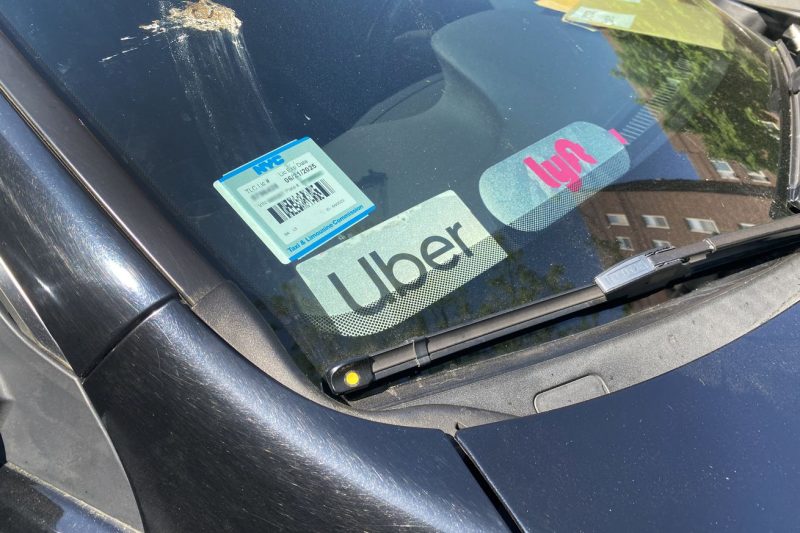
Big News: Massachusetts Mandates $32/Hour for Uber and Lyft Drivers!
In a groundbreaking move, Massachusetts recently passed a new law that requires rideshare companies like Uber and Lyft to pay their drivers a minimum of $32 per hour. This decision marks a significant development in the ongoing debate surrounding gig economy workers’ rights and fair compensation.
The legislation, known as the Fair Share for Gig Workers Act, aims to address the growing concerns about the financial instability faced by rideshare drivers. By setting a minimum wage for these workers, the state government hopes to provide them with a level of financial security and stability that has been lacking in the gig economy.
One of the key arguments supporting the new law is that rideshare drivers often face unpredictable earnings due to factors like fluctuating demand, competition between drivers, and the companies’ pricing algorithms. The $32 per hour minimum wage requirement is intended to ensure that drivers are fairly compensated for their time and effort, regardless of external factors that may impact their earnings.
Moreover, this move is seen as a step towards leveling the playing field between rideshare companies and their drivers. By mandating a minimum wage, the state government is essentially holding these companies accountable for the well-being of their workforce and ensuring that they are not exploited or underpaid.
Critics of the new law have raised concerns about its potential impact on consumer prices for rideshare services. Some argue that the increased costs associated with paying drivers a higher wage could be passed on to passengers in the form of higher fares. However, proponents of the legislation argue that the benefits of ensuring fair wages for gig workers far outweigh any potential increase in prices for consumers.
Overall, the decision to require Uber and Lyft to pay their drivers a minimum of $32 per hour in Massachusetts represents a significant victory for gig economy workers’ rights. By setting a precedent for fair compensation and financial stability in the rideshare industry, the state is sending a powerful message about the importance of valuing and respecting the labor of gig workers.
